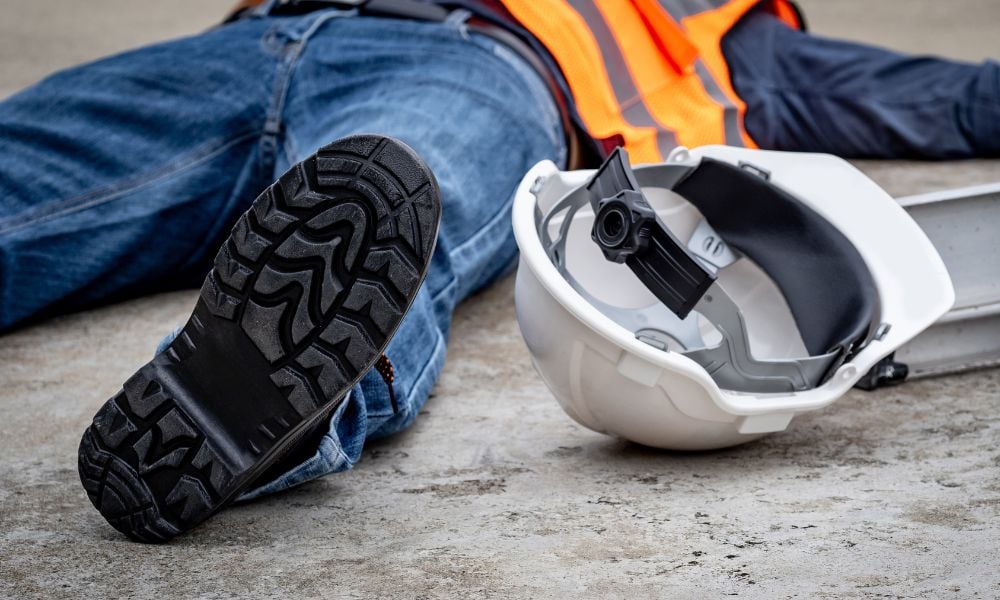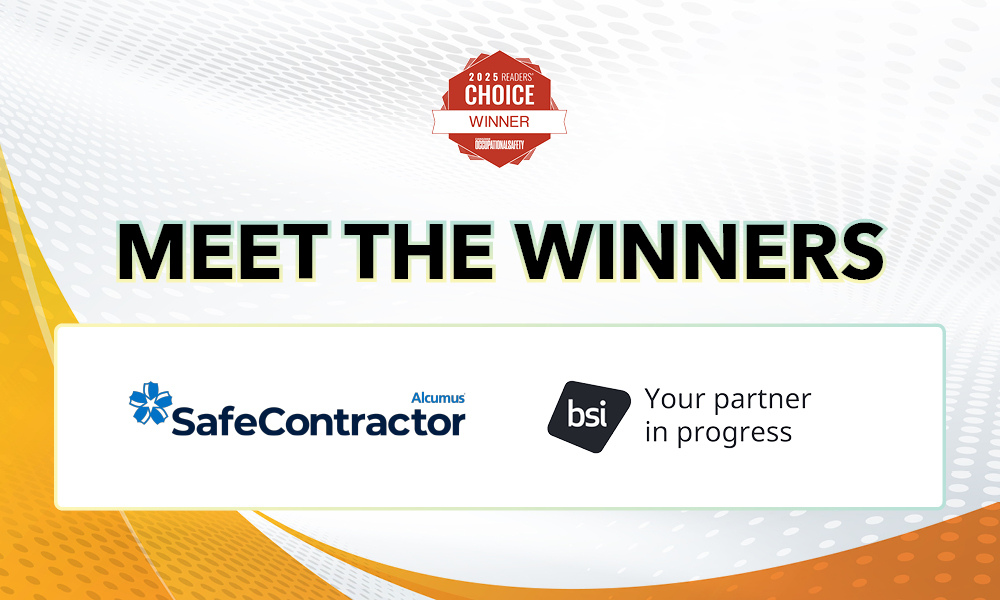Mental health expert explains the importance of mindfulness and how to integrate it in the workplace

Mental health has been on the forefront of occupational health and safety conversations in the last few years, and with the current COVID-19 pandemic it is becoming even more of an issue. Recent studies have indicated that mental health is a major concern for Canadians.
A poll conducted by UNICEF Canada through its digital U-report platform found that seven in 10 respondents say that the pandemic is negatively impacting their mental health. Another survey by Pollara Strategic Insights, on behalf of the Canadian Mental Health Association (CMHA), Ontario division, found that 69 per cent of those polled think that the province is headed for a serious mental health crisis post-pandemic, and 77 per cent said that mental health supports will be necessary to help society.
Lastly, a Nanos Research poll conducted on behalf of Mental Health Commission of Canada (MHCC) between April 25 and 27 found that 40 per cent of those polled report that their mental health is worse or somewhat worse than before the outbreak.
COS recently spoke with Dr. Geoff Soloway, a mindfulness expert and one of the founders of healthtech company MindWell-U, about mental health and how to successfully implement mindfulness in the workplace.
1. What is mindfulness? Mindfulness is a mental factor that we all have, and have the ability to strengthen, “it’s about being in the present moment,” said Soloway, “another way to look at mindfulness is as a quality of self-awareness, an ability to regulate our emotions, which is important in all of our interactions.”
There are many tools that can help with workers’ mental health, and mindfulness is one of them. One can work on becoming more mindful: “we can talk about it as a form of mental exercise, it’s not like going for a jog or doing a Zumba class, but it’s similar in ways because it requires repetition [to strengthen].” He says.
2. Soloway tells us that mindfulness should come into the workplace as part of professional training. But why is it so important, and how can it help with occupational health and safety matters? “Mindfulness teaches you how to pay attention,” says Soloway. In an industrial setting for example (construction, manufacturing, mining, etc.) this is extremely important as lack of awareness can be dangerous, even lethal for workers.
There are many simple ways to integrate mindfulness into one’s daily routine, for example through ‘mindful handwashing’. “handwashing is something that we’re asked to do a lot, it can be something we do mindlessly,” says Soloway. This can lead to us doing it badly (a risk during this pandemic) or getting stressed about doing it. Soloway explains that many times, when we’re washing our hands, we’re thinking about something else: “Mindful handwashing is really bringing attention into the present moment and being aware of what we’re doing. That’s how mindfulness can work on that level.”
3. Getting workers to care about mindfulness and mental health is about engagement and participation: “if mindfulness looks like a fluffy exercise that has no relevance to [workers], then we need to change how we talk about it.” This, Soloway says, can be done through explaining the benefits of mindfulness, especially on a work site. “There’s a real need for it, we just have to be skillful in how we bring it forward.” He says.
One way to do this is looking at its practical application. One of the top reasons for workplace injury is lack of attention, or lapses of attention. Being mindful and learning how to be in the present can be a highly useful tool in preventing accidents in the workplace. Soloway explains that organizations “need to be skillful and frame it differently”, it is not just about mental health – it is about safety.
4. As we have seen in the polls, COVID-19 is exacerbating mental health issues in workers. “With coronavirus, there’s so much uncertainty about the future, it’s a breeding ground for anxiety and stress.” There are various factors contributing to this stress, notably financial worries, but also because closures and physical distancing has taken away many peoples’ coping mechanisms.
Nevertheless, Soloway reckons that “mental health has been trending for some time now and has been growing in awareness and severity. I think what we know is that mental health is the number one cause of disease and disorder today.” Generally, incidents of mental health a quite high, around one in five Canadians struggle with mental health issues – but we all in some way deal with it.
5. Healthtech can be a solution, but it is also “a double-edged sword” says Soloway. “It can give you more resources, but we have to be careful with how much time we’re spending in front of our screens. We become addicted very quickly to our screens” even though digital solutions can also give us more tools to help cope with mental health. Soloway says it is also important to exercise and eat well, “we need to get into our bodies again.”
MindWell-U offers mental health planning and training across Canada. For more information you can visit their website: https://www.mindwellu.com/.





